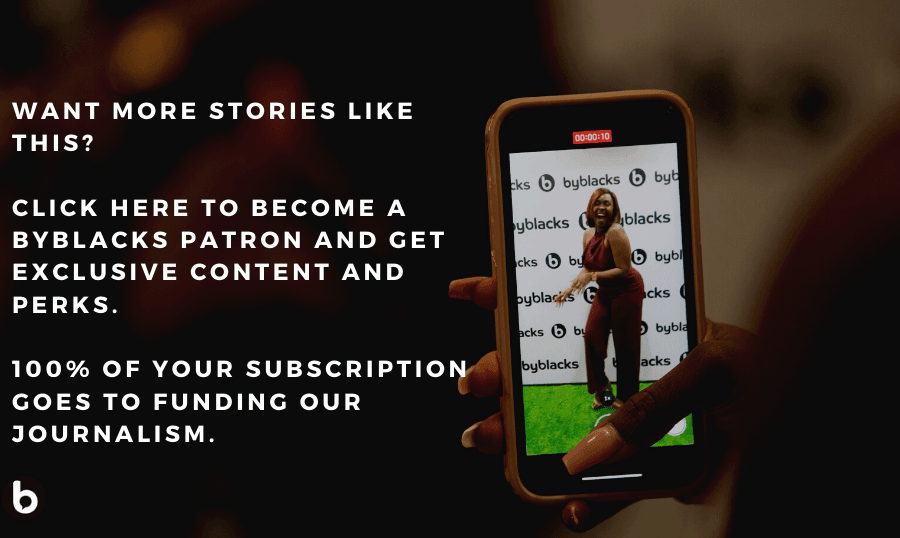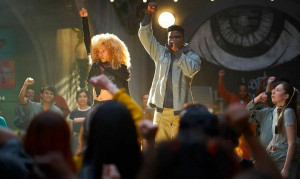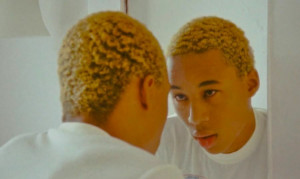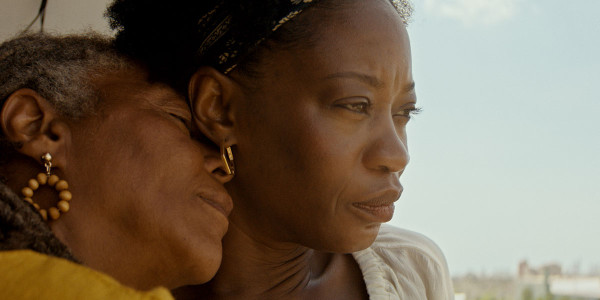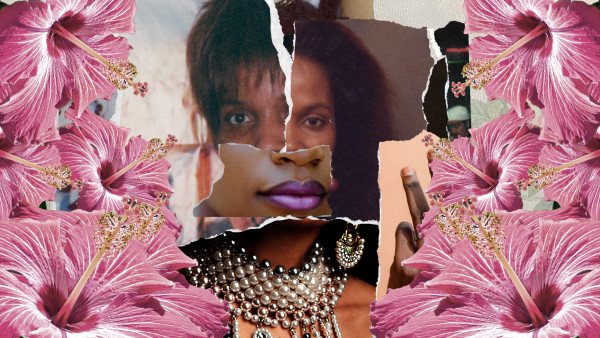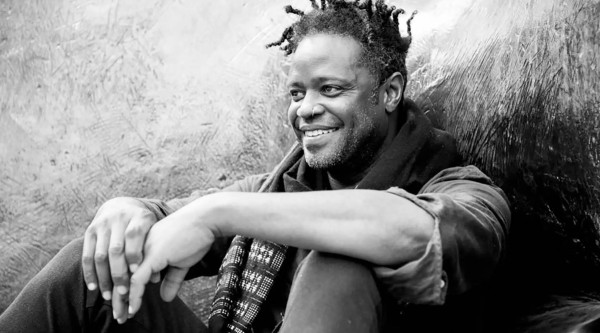Your web series “Courtside”, and even the short film “Bail” that you didn’t direct, but you wrote the script for, deal with themes related to Black youth, and young black men specifically. Why did you decide to make this film focusing on gun violence?
There is a commonality between a lot of my work that talks about black masculinity. Through the films, I want to bring awareness that things happen for a reason. I believe that understanding, free from judgment, helps make things clearer. As it pertains to gun violence, there was a point where I felt like I was hearing about young black men being gunned down almost every other day. There came a point where enough was enough. I feel like my job as a filmmaker is to tell stories that leave an impact. I had a chance to pitch a story that would cause us to look at the impact of gun violence on families and communities and bring awareness to the issue. Of course, one film isn’t going to solve the issue, but if it inspires government agencies and the community to do more about it, and helps negate another string of gun violence, it was a worthwhile project to do.
As a Black son, did you gain any insights into the way you perceive yourself and your value in society by documenting the perspectives of a mother who has lost her black son to gun violence?
Definitely. The son of one of the mothers featured in this film was known as someone everybody got along with. He was a mediator who would try to work out issues between people in his community. He found himself in the middle of a conflict between groups and was basically murdered for being in the wrong place at the wrong time. Reflecting on my life; I thought about how sometimes you can do what you believe is the right thing and attempt to live a positive life, but if someone has a negative agenda, it doesn’t really matter. Sure, you can take preventative measures like limiting bad company etc, but sometimes the environment you live in affects your luck. I also had to think about the decisions I’ve made in the past. Something as simple as being the bigger person, walking away from conflict, or turning the other cheek can save your life. Someone’s response to how you handle conflict can actually end your life.
Part of your film documents director “Kelly Fyffe-Marshall” in the process of writing her feature film “Summer of The Gun.” How has that been a different experience for you, and what have you learned from that?
It resonates with the film because she lost 9 friends in 2005 (Summer of the gun). She talks about the trauma she experienced and how she uses writing and filmmaking to deal with it. In the film, we learn that she is working on the script for her film “Summer of The Gun”, which is inspired by real events. I related to her experience because we’re both black filmmakers who were trying to use our art form to tell an important story to us; just in different ways. For me, It added creative fuel to the fire with regards to why it was necessary to tell this story.
How is documentary filmmaking a different form of storytelling from say, a scripted feature, or even a music video? Which do you think is a more effective way to tell a story through film?
I feel like narrative storytelling gives you a little more freedom, whereas documentary illustrates real life from a factual place. Narrative storytelling can take an idea based on facts and dress it up with some of your own ideas in order to move the story forward. Depending on what message you’re trying to relay with your story, both can be just as effective.
How have initiatives like community organized film screenings benefited you, and how do you see events like this making a difference in the broader sense of promoting diversity in Canadian film?
First and foremost, screenings and film festivals give me a chance to gain exposure for my work. Most independent filmmakers don't have the means to have their project placed on a 30-foot screen and toured from city to city. You also never know who is in the audience. There could be a producer attached to a distributor who sees your film and wants to help you share the story. Aside from that, I’ve been mentored by some of the best in the business today. It’s an invaluable experience, and it’s the sort of guidance an emerging filmmaker would be privileged to have. It’s incredible to have a funded body to support you in taking your ideas from a script to a 30-foot screen.
In terms of promoting diversity in Canadian film, I think seeing Black filmmakers’ stories on the big screen may inspire other people coming up behind us to want to become involved with the industry. They may think, if it’s possible for them, maybe I can do it too.
Byron Armstrong is a writer living in Toronto who has been published online and in print, for both local and national publications. He writes essays, short stories, opinion pieces, and in-depth interviews, within the sphere of politics, art, design, business, and travel. His general musings can be found on Twitter as @ByronArmstrong6.
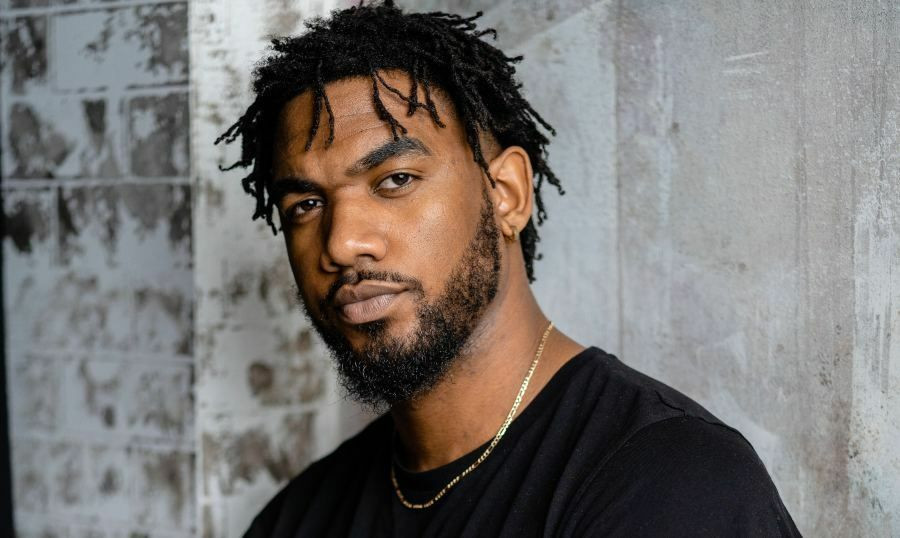
 By
By 